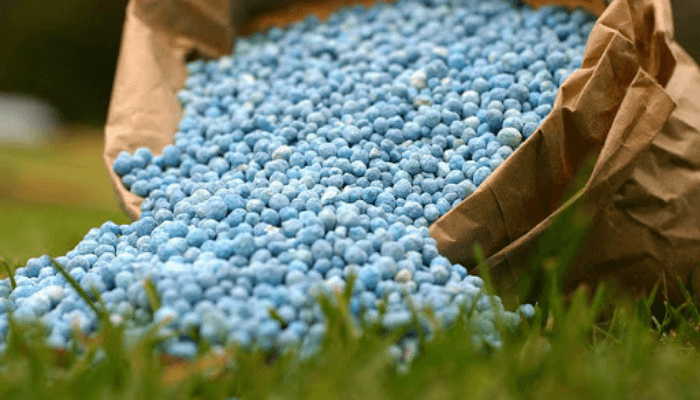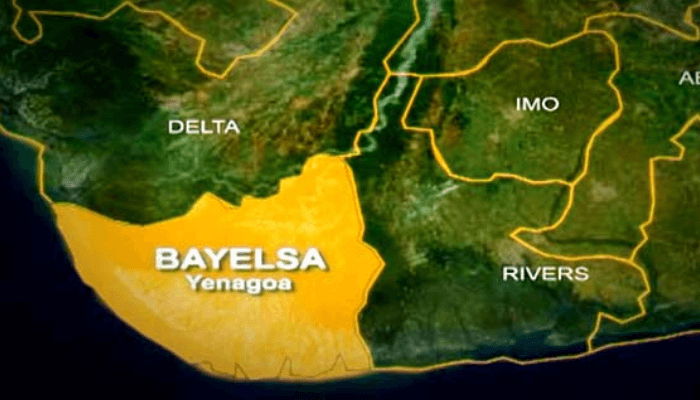A sharp 41 percent increase in fertiliser prices is forcing many Nigerian farmers to abandon food crop cultivation for more profitable cash crops, raising concerns over food security.
Agricultural experts warn that the shift, while boosting short-term income for farmers, could worsen the country’s already fragile food supply chain and deepen inflation in staple food markets.
Field reports show that maize, rice, and sorghum farmers are among those hardest hit by soaring input costs. Many have turned to crops such as cocoa, ginger, and sesame, which command higher prices in export markets.
“The cost of fertiliser has gone beyond the reach of ordinary farmers. Shifting to cash crops is now a survival strategy,” said a farmer in Kaduna.
Economists argue that unless the federal government intervenes through subsidies or targeted support, the long-term effect will be higher food prices and increased dependence on imports.
The Ministry of Agriculture has acknowledged the challenge and said discussions are underway to cushion the impact on smallholder farmers.
Stakeholders stress that striking a balance between food and cash crop production is crucial to safeguarding both farmers’ livelihoods and national food security.










Leave a Reply